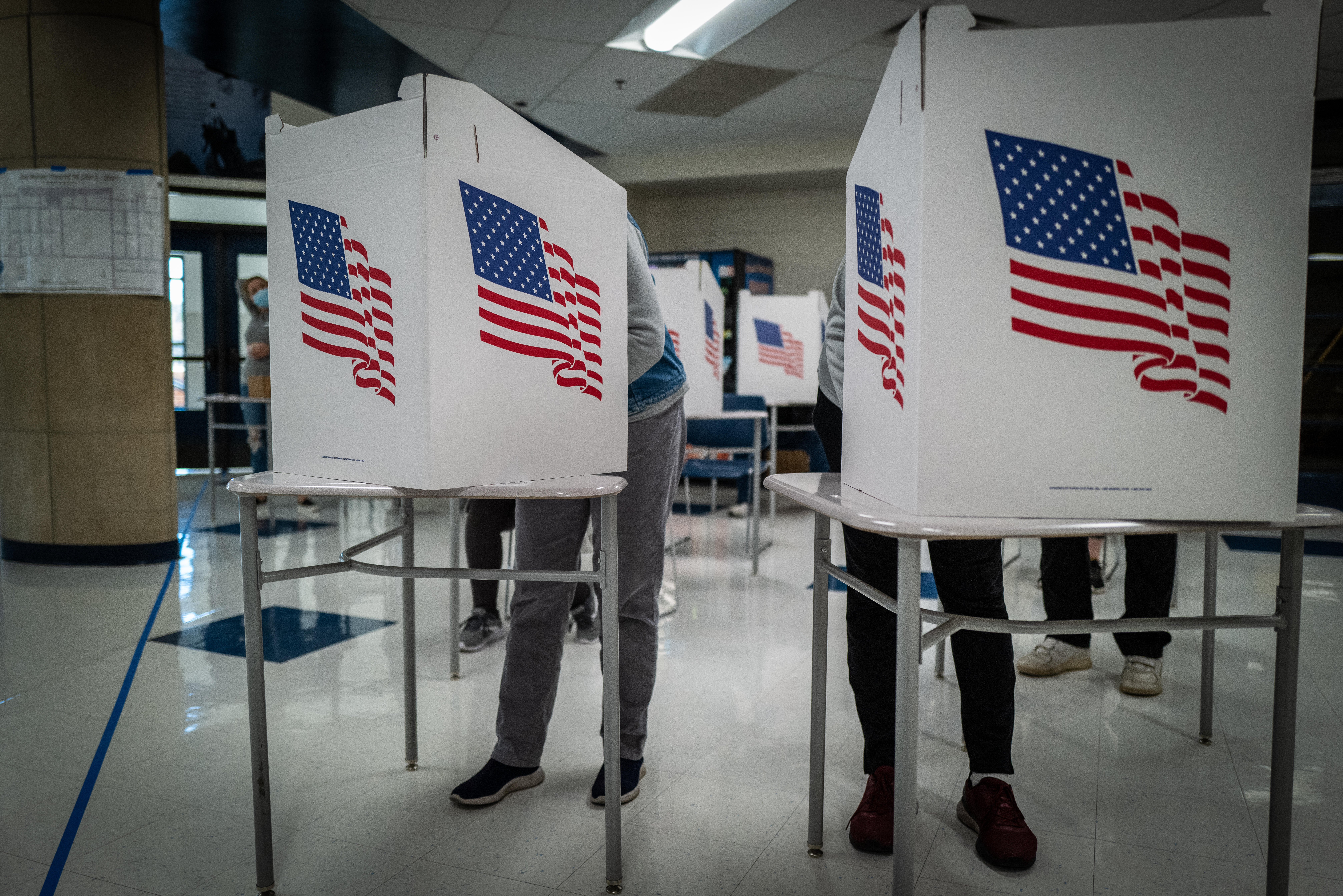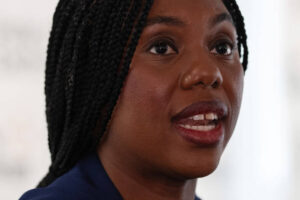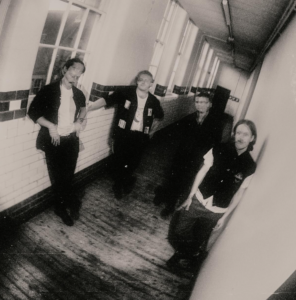Harris V Trump: The election deciding the future of American hegemony
Writer, Charlie Aldous, commentates the US election live from Old Bar and offers his perspective on Trump’s win.

Image Credit: Phil Roeder
5 November spells the day when the world will know the future of its relationship with America. From a corner seat in Old Bar, I watched the future crystallise.
The American political climate over the past 10 years has changed more than many commentators thought possible. Gone are the days of the American influence dominating the political environment, gone are the days where you can imagine the USA leading humanitarian aid efforts in the same way it did in the late nineties and early 2000s. Gone too, are the days of relatively liberal American internal policy with book banning and rollbacks of climate laws becoming leading policy items in many US states. The prospects of women’s reproductive rights also appear bleak.
The heart of this change could be said to have been started by one of the candidates who may tonight become president, Donald Trump. His election in 2016 led to an earthquake in the American republican establishment. With moderate free trade institutionalist republicans being almost wiped out, in favour of a far more reactionary, socially conservative, isolationist, (and some may say neo-fascist) policies taking the reins. For many in the UK, there is confusion as to how he could have returned after losing his re-election bid against Biden in 2020, and then making records for the most criminal convictions of a former president. However for people in the USA it’s not quite so plain.
While America has seen a (on paper) far better recovery from COVID than most European economies, and has been isolated from the price shocks generated by the war in Ukraine, some Americans never-the-less feel the economy has been worse for them under democrats than under republicans. Additionally, while the democratic party saw a real polling boost after switching candidates to Kamala Harris, some democrats see her still as too attached to Biden’s foreign and domestic policy failings. Some republicans may also still be unwilling to accept the idea of the woman in the highest office in the land. This last point however may have been open to dispute following a last minute poll out of Iowa (a traditionally republican state) showing Harris leading, likely due to turn out among female voters.
Regardless of the background of the election, both candidates seem to have a plausible chance of winning the election. I sat in Old Bar to watch the election unfold, and tried to unpick reasons for why certain states had voted for each of the candidates on offer.
The atmosphere was febrile in Old Bar, as societies were settled and individuals got into their seats as the count set off. With the BBC reporting the National Guard had been put on a ready footing in several states. The exit polls cited an overwhelming concern that their democracy was at threat.
The first states of the night to declare were Kentucky and Vermont, both traditional safe states for the republican and democratic party respectively. They provided Trump had an early lead with 8 electoral college votes. When the first state results were called, Old Bar erupted in boos as the results first arriving were for Kentucky. This tense mood inverted into loud cheering on the first Harris call of the evening with Vermont. Clearly the republican party had few friends on Leeds campus tonight.
The third state declared by the BBC was Indiana, giving Trump another 11 votes to his tally. This led to commentary from one American in the audience that we would be “seeing republican wins till 2am”, he however remained confident Harris Walz would win. The Indiana win was another expected Trump win, having only voted democrat once since 2000.
As we got to 12:30, West Virginia called in favour of Trump to another round of boos from the Old Bar crowd. Given its history as a safe republican state since 2000 and its tendency to be in the top 5 states backing Trump in prior elections, this too came as no surprise.
At 1 am, we were deluged with a slew of votes from middle and northeast America, this slowed to a trickle through the night. As state after state was declared by 2:30, the mood was grim with early trump leads subduing many of the revellers. As the polls in key swing states crept steadily closer to Trump, the mood among many students had hit rock bottom. As we hit half past three, I finally concluded there would be no new shocks this evening and began to find my way home.
I awoke to the news that another Trump presidency is upon us. If the last presidency is anything to judge by, we will see America begin to withdraw from the world. For Britain this likely means either following the American line or breaking with the United States and moving closer to Europe. For the far right, this victory will likely sing a rallying cry emboldening them to attempt bolder policies tearing up the rights and protections established in the wake of the second world war.
Over the next few days, opinions from societies affected by the new Trump presidency arrived. Amnesty Soc’s representative stated “We deplore the US election result and what it means for both the American people and the wider global community. The devastation Trump threatens to wreak on reproductive freedom, LGBT rights and minority communities is astronomical. For those that fail to understand the relevance to us, we will soon see the repercussions of this election in the UK, whether that be through government policy or the emboldened far-right”. The Philosophy, Politics and Economics society provided a statement highlighting the likely reasons they believe Trump won and their feelings about it “Trump won the election because of dissatisfaction with the US economy. It is clear that many US citizens were blinded by the dysfunctional economic climate, giving them a small tunnel of vision. Trump’s promises captured the public to an extent that many of us didn’t quite expect.”
Despite the unexpected nature of the Trump victory we all now must deal with what that means, for human rights, for the climate and for NATO.
Words by Charlie Aldous





